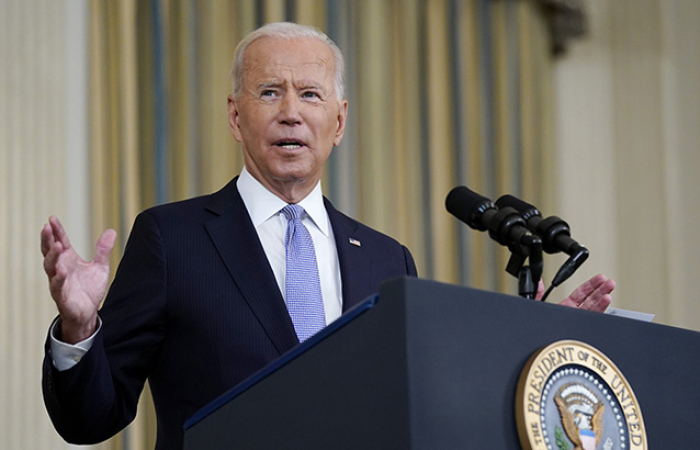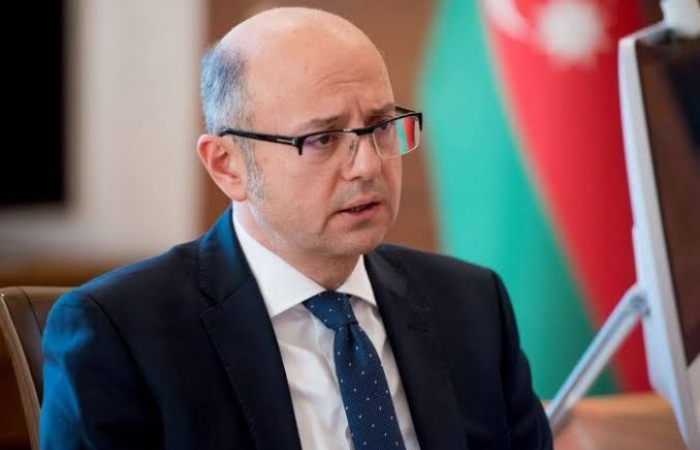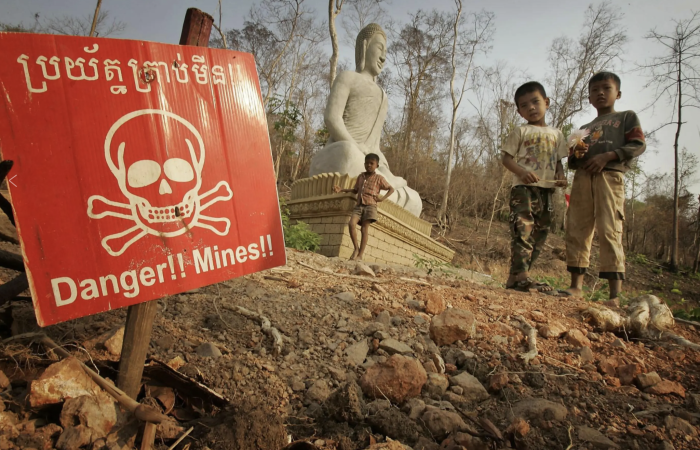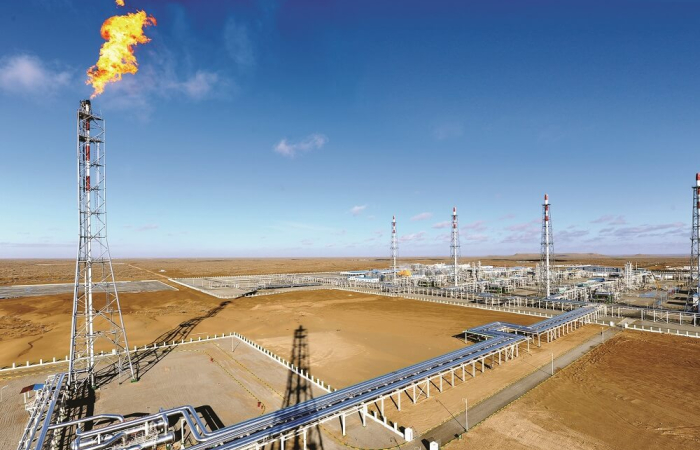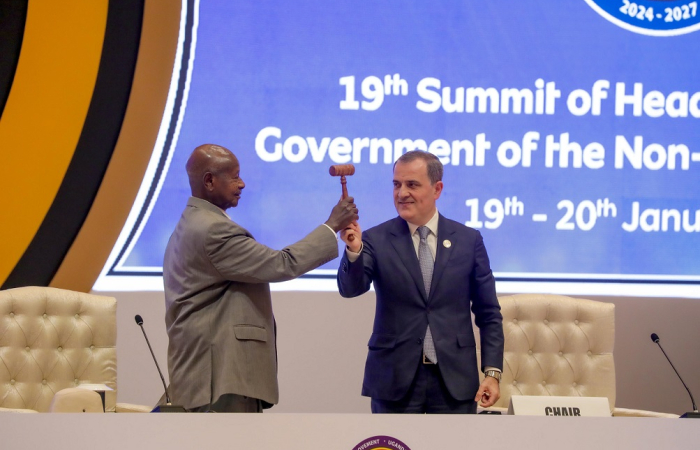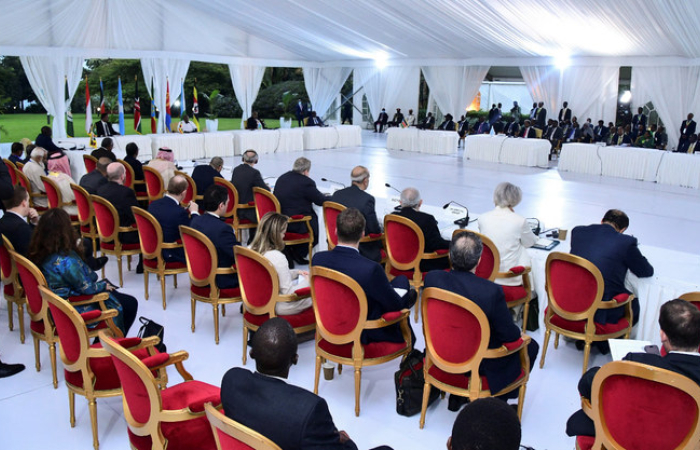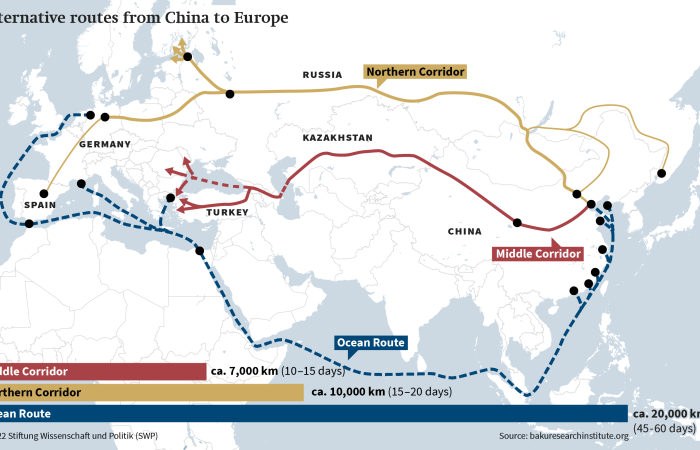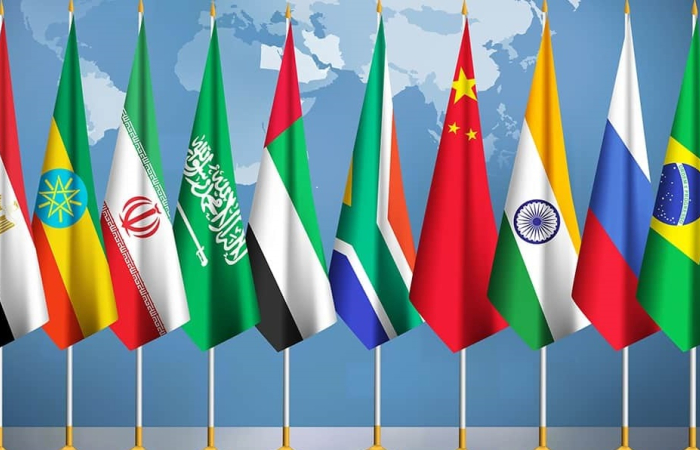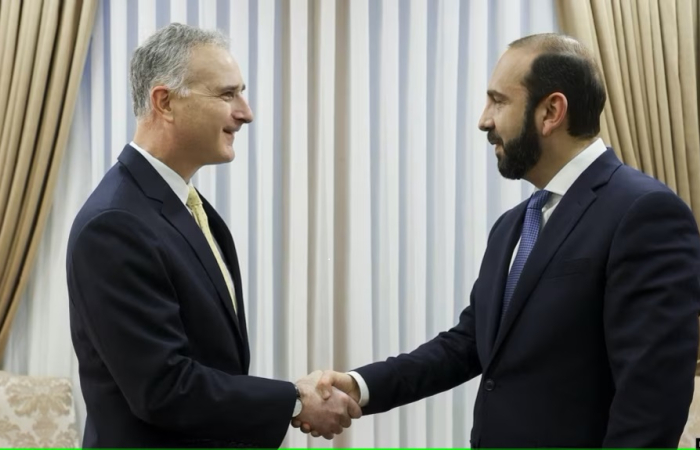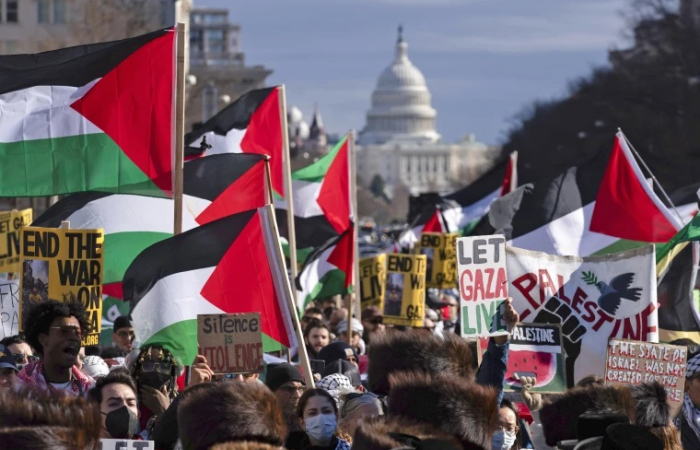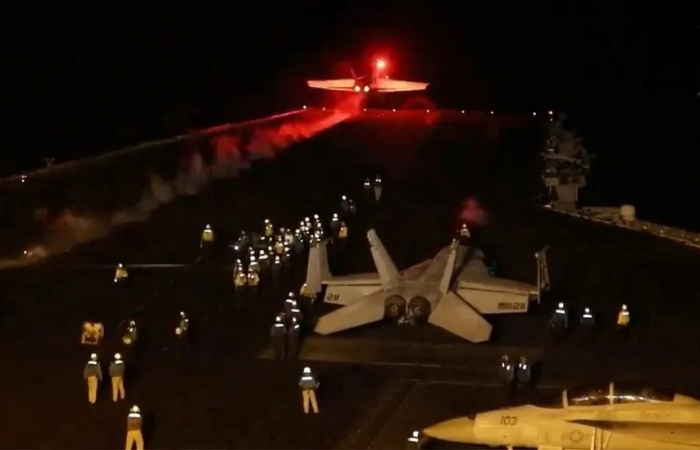Editor's choice
This is a members’ functionality. Please
Sign upOpinion
Trending
Opinion: Can BRICS be Armenia's salvation?
17 January 2024
Egypt, Ethiopia, Iran, Saudi Arabia, and the United Arab Emirates have become full members of BRICS as from 1 January. Iran's membership brought BRICS to Armenia's doorstep, making Yerevan an immediate neighbour of the group. Benyamin Poghosyan in this op-ed for commonspace.eu says that given that currently, Armenia is in the painstaking process of re-assessing and re-evaluating its foreign policy. Armenia should carefully look into ways to expand its cooperation with BRICS member states: "first of all in the economic area, inviting BRICS investments into the infrastructure and other projects in Armenia. Armenia is in active discussions with Iran, India, and UAE to bring their investments into Armenia, and there is potential to have Chinese involvement through the Belt and Road Initiative. The possibility of receiving funding from the BRICS New Development Bank for various projects, which can be implemented by BRICS member companies, should be studied too."



